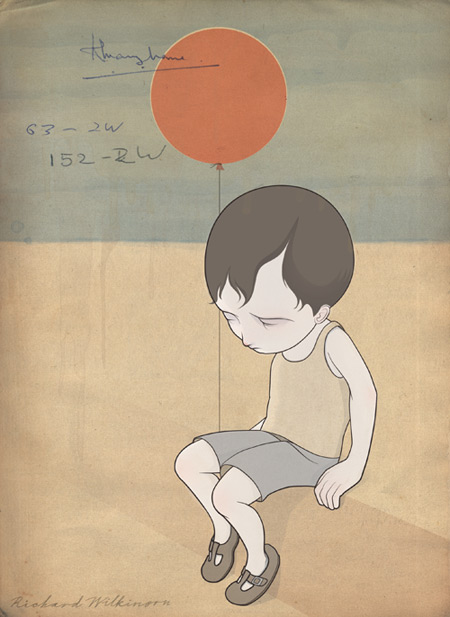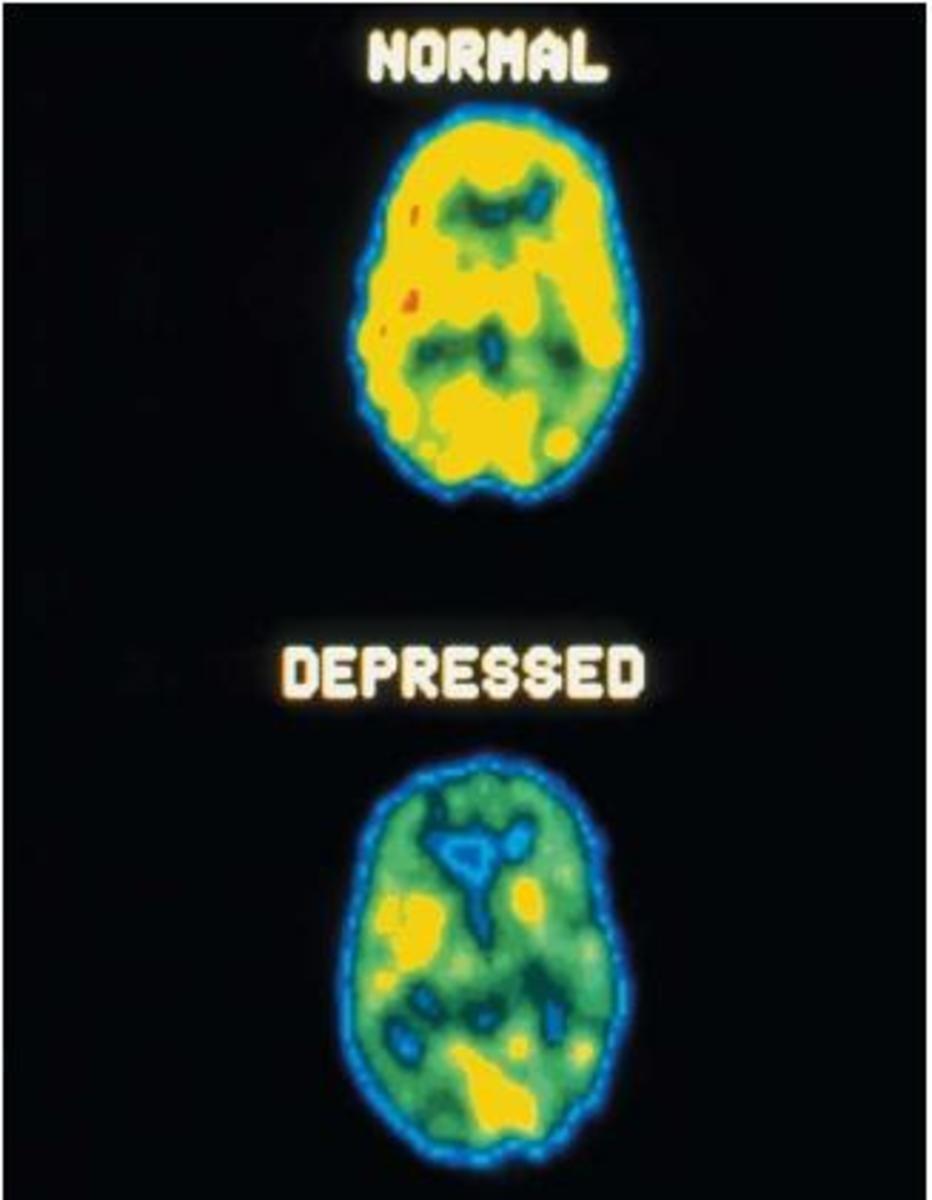What Happens When A Person Is In Depression?

Depression is the feeling of inadequacy and utter hopelessness that leads to inactivity. Try imaging an athlete running on a track with hurdles. When he is happy and content, he goes around the track, eagerly jumping hurdles as they are presented to him. Sometimes he fails, sometimes he succeeds - that is normal. Mid-course, when he suddenly gets depressed for some reason, it is as if he were hammered to a size 10 times smaller. Still, the hurdles are the same height and track, the same length.
Life is a seemingly perpetual problem-solving course, we all have our fair share of successes and failures. A staggering 20 per cent of women and 12 per cent of men in the United States alone experience depression to a pathological level. Of these men and women, 15 per cent end up committing suicide. Depression is already highly prevalent in countries like Pakistan and is constantly on the rise. It is a major problem of our times and from what it appears, of times to come.Not everybody who experiences depression can be labelled as clinically depressed and a candidate for psychological assessment and therapy by a professional. One is referred to as clinically depressed when this emotion is blown out of proportions for a prolonged period of time and significantly affects the person's functionality for example, as a parent or as a professional.Symptoms
There are several symptoms that may be found in the depressed. People, who are depressed, feel sad and low in spirit. They have crying spells for meagre or no reason at all. They repeatedly think about death and may contemplate suicide and complain of loss of pleasure in previously pleasurable activities and hobbies.
The cognitive symptoms include recurrent negative thoughts. A depressed person feels something missing inside him and becomes hopeless. Depression also leads to acceptance of whatever life brings, whether good or bad and reluctance to initiate any new activity.A depressed person may face change in appetite -- he may be eating too much or too little, as compared to before. There are also sleeping disorders, early morning awakenings. Depression also causes fatigue.A person does not necessarily has to have all these symptoms to be pathologically depressed but the higher the number, the greater the evidence.It might be useful to ask what really goes wrong on in our brains when we are depressed. Though, there is intense inquiry going on to explain how depression affects brain cells -- the neurons, we admittedly still know very little. For the past few decades explaining depression has predominantly been the domain of psychologists and other people who concentrate on understanding the function of the brain rather than its structure. They have proposed quite a few interesting theories.Depression From Different Prespectives
The psychoanalytic perspective sees depression as a reaction to loss. The depressed person reacts to a loss intensely because the current situation brings back the fears and memories of an earlier loss -- that being the loss of parental affection in childhood etc. Any failure in later life causes the individual to regress to his or her helpless, dependant stage as in childhood. Part of the depressed person's behaviour is a portrayal of the helplessness and a general appeal for attention and affection.
The behavioural perspective tries to explain depression as the consequence of a lack of positive reinforcement (exaltation) and a high rate of unpleasant experiences.The main source of support for the depressed is the sympathy and kindness they receive from their family and friends. But since it is tiresome to be around a person who refuses to cheer up, this last support might also be lost, further alienating and isolating the depressed person. The consequent increase in depression might lead to further deterioration of fruitful activity and social interaction worthy of being praised.The cognitive perspective on depression focuses on how people view themselves and the world rather that what they do. It proposes that depressed people have a distorted view of their surroundings and they end up deriving generalisations from too little experience.The biological perspective says that disorders like depression have an inherited component to them. It has been found that if one identical twin is depressed, there is a 53 per cent chance that the other twin will be depressed as well. This is usually taken as evidence for this perspective since identical twins have a very similar genetic make-up. But it is far from clear how genetic factors play their specific roles.
Hypothesis About Depression
It is thought that a biochemical abnormality is the main culprit. A substantial body of evidence indicates that our moods are influenced by chemicals, called neurotransmitters that transmit messages from one neuron to another. Two neurotransmitters that are thought to play a role in causing depression are nor epinephrine and serotonin, both of which belong to a group called biogenic amines. Both are localised to a brain region that controls emotions (limbic system and the hypothalamus).
The biological hypothesis states that depression is caused by decreased availability of these neurotransmitters. This hypothesis is indirectly supported by evidence from drugs that act by causing a net increase in the availability of nor epinephrine and serotonin, and are helpful in relieving depression.
Needless to say, these explanations are far from perfect. However, a lot of people who are interested in knowing how the brain works, are vigorously trying to piece together the puzzle of problems like depression.
Suicide is a disastrous consequence of depression. In the US alone, 30,000 people die each year as a result of successful suicide attempts. It is thought that this figure is under-estimated since suicidal deaths are not always reported due to the stigma associated with them.
Some individuals commit suicide because they feel that they can no longer bear their psychological distress and see death as the only solution. Their only motive is to end their life. In other people, the desire to die may be missing. They only attempt suicide to make others aware of their plight and impress them with the seriousness of their problems. Such a suicide attempt, with no desire to die (also called a parasuicide), is motivated by the intent to convey to others their despair and plea to change their behaviour.
It must be realised that severe depression is a real problem - a disease like diabetes or hypertension. Only the one who experiences it knows how difficult and how immensely debilitating it is. People who are depressed are like little children, they badly need a little bit of extra attention and affection or else they crumble under their own weight.





